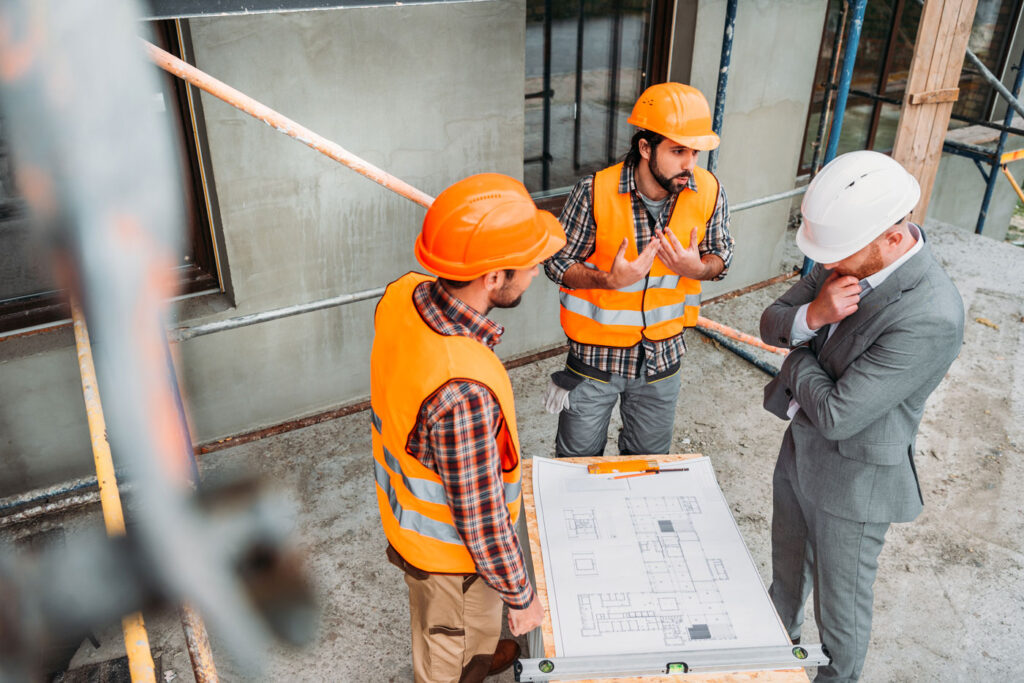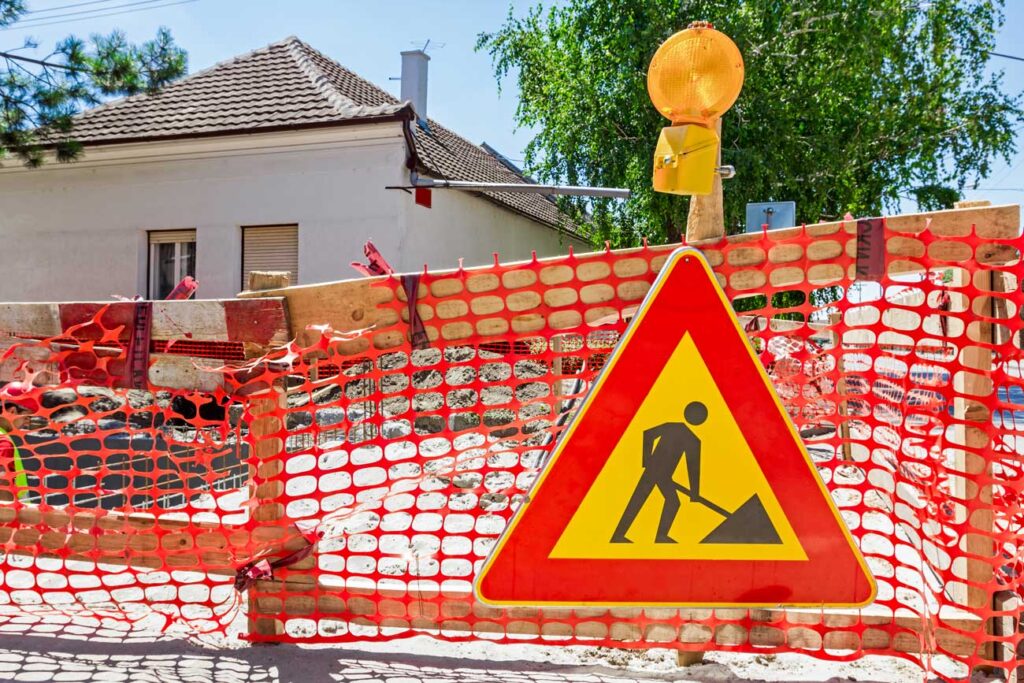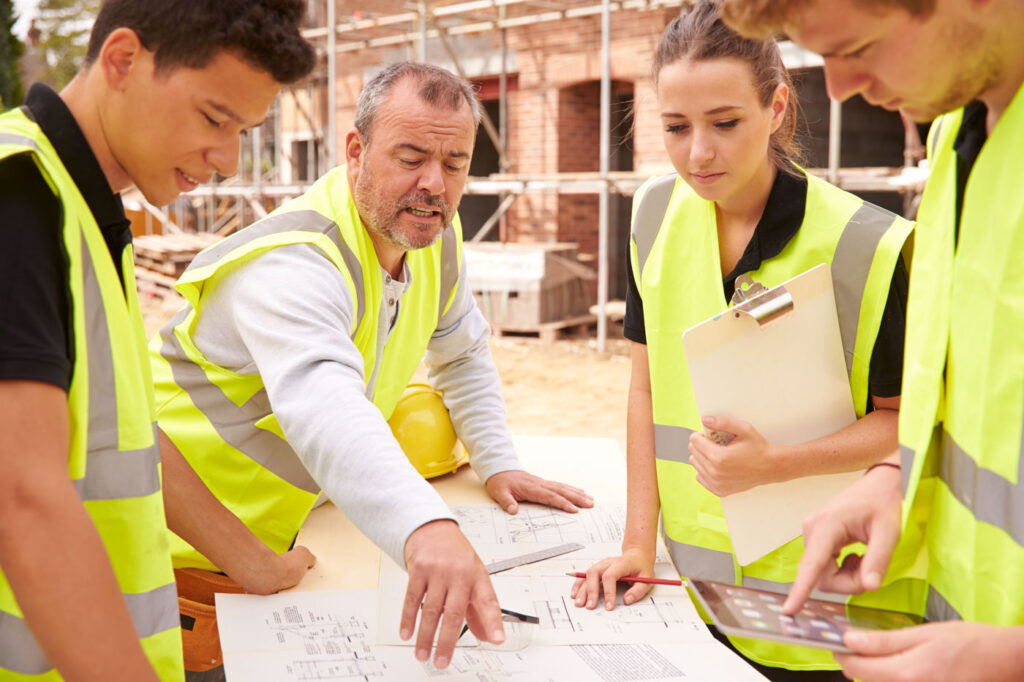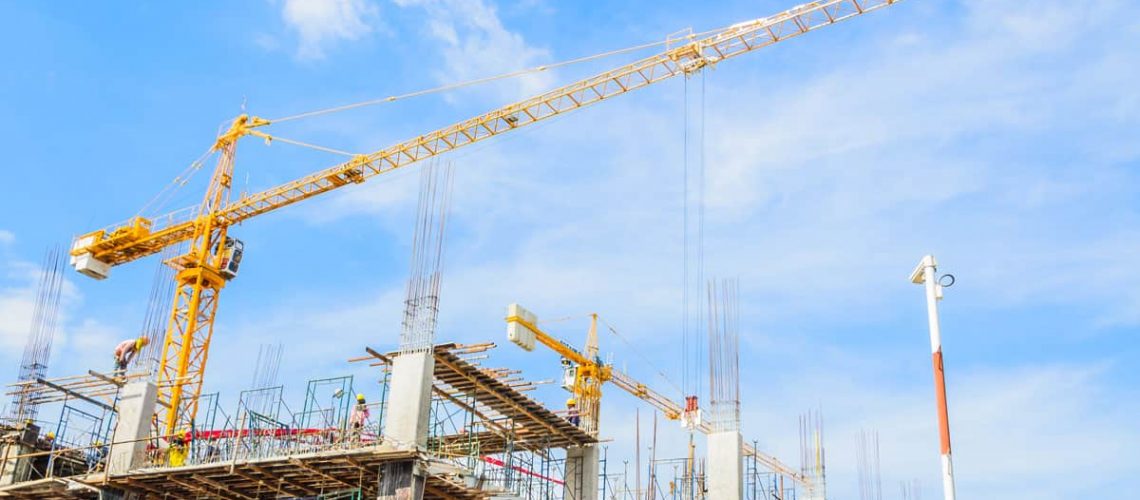Construction is a critical industry that serves as the backbone of infrastructure development. The construction process involves various risks and hazards that require strict adherence to safety protocols. Most importantly, safety protocols help to prevent accidents, injuries, and fatalities. A lack of emphasis on safety measures can lead to disastrous consequences. These consequences can affect not only the workers but also the project’s outcome. Therefore, it is essential for every construction company to prioritize safety as it directly correlates with the project’s success.
From construction equipment rentals to planning and execution, safety is the number one priority. Here we will explore the importance of a resilient safety culture and how it affects a construction project’s outcome.
Quality Control and Safety During Construction

- Quality control measures ensure that the construction process is done in compliance with the highest standards and quality requirements. This process involves regular inspections and testing of materials, construction equipment, and workmanship to ensure that they meet the specified standards.
- Safety during construction is crucial to prevent accidents, injuries, and even fatalities that can occur due to hazardous conditions and unsafe work practices. Construction sites are inherently dangerous environments that require strict safety protocols to lower risks. This includes providing proper safety equipment, conducting safety training, and implementing safety procedures to minimize the risk of accidents.
The lack of proper quality control and safety measures during construction can lead to significant problems. Poor quality control creates project delays, cost overruns, and even legal liabilities. Poor quality workmanship can result in the need for rework. Accidents and injuries can lead to significant financial losses for both the company and the injured party.
There is more than just a negative impact on the construction project. A lack of safety during construction can also damage the reputation of the company. Word of mouth and online reviews can quickly spread. A single accident or injury can hurt the reputation of the company for years to come.
Therefore, quality control and safety during construction should always be a top priority for every construction company. By prioritizing quality and safety, companies can ensure that their projects are completed on time, within budget, and to the highest possible standards.
Quality and Safety Concerns in Construction

There are several common areas of concern in construction projects and at construction sites that can impact the quality and safety of the final product. Problems that often result in excavation hazards, personal injury and other tragedies include:
- inadequate planning,
- poor communication,
- improper use of equipment,
- lack of training and education, and
- non-compliance with safety regulations and standards.
Planning
Inadequate planning can lead to delays, cost overruns, and the need for rework. Poor communication can result in misunderstandings and mistakes that can reduce the quality and safety of the final product. Improper use of equipment can lead to accidents, injuries, and damage to the equipment itself, while lack of training and education can lead to improper use of equipment and unsafe work practices. Non-compliance with safety regulations and standards can result in legal liabilities and reputational damage for the company.
Quality Control
A critical step in preventing or addressing performance problems is quality control. In other words, Quality control measures help to ensure that the construction process is completed in compliance with the highest standards and quality requirements. This involves regular inspections and testing of materials, equipment, and workmanship to ensure that they meet the specified standards.
By implementing quality control measures, companies can identify and address potential issues before they become major problems. This helps to ensure that the project is completed on time, within budget, and to the highest possible standards, which ultimately benefits the stakeholders and the company.
Furthermore, quality control measures help to prevent problems by ensuring that the construction process is done right the first time. This helps to minimize the need for rework, which can be costly, time-consuming, and can delay the project’s completion. Quality control measures also help to ensure that the final product is safe, durable, and functional, which is essential for maintaining the reputation and credibility of the construction industry.
Conclusion

Construction is a complex industry that involves various processes, stakeholders, and other factors. These variables have an impact on the quality and safety of the final product. Therefore, quality and safety concerns are two issues that require careful thought and management to ensure that the construction process is completed successfully.
Implementing effective quality control measures ensures that the construction process achieves the highest standards and requirements, preventing potential problems and minimizing the need for rework. In addition, effective safety protocols help to minimize risks and eliminate safety hazards associated with working in the construction environment, protecting workers, visitors, and the public from accidents and injuries.
Companies can ensure the successful completion of their projects, with minimal risks and to the highest possible standards, by actively addressing quality and safety concerns in construction. This not only benefits the stakeholders but also contributes to the industry’s overall reputation and credibility, ensuring that construction remains a critical driver of economic growth and development.
For reliable and effective construction rental equipment, contact Mountain West Rentals & Sales.



